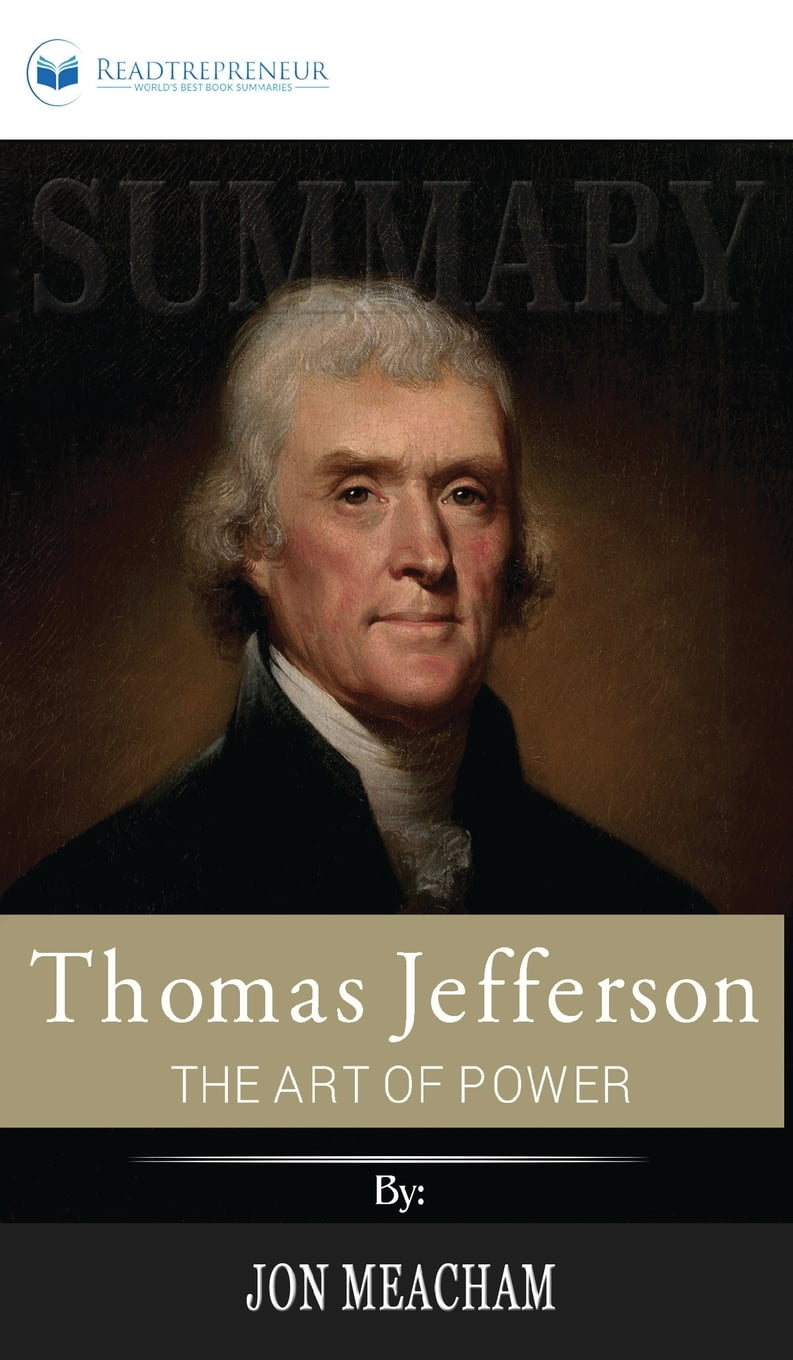

Another son, Madison Hemings, in old age told an interviewer that his mother had said that Jefferson was the father of all her children, including one conceived in Paris when Jefferson was minister to France. Meacham, who has written bestselling biographies, won the Pulitzer Prize in 2009 for American Lion: Andrew Jackson in the White House.Īs for Hemings, a 1998 DNA test proved that a male in Jefferson's family was the father of her last child, Eston, born in 1808.

Jon Meacham, a newcomer to the group, hails from the border state of Tennessee, which may account for his appreciative treatment of Jefferson's life. Those biographers born north of the Mason-Dixon line have leavened the loaf of praise, showing less tolerance for the slaveholder who provocatively yoked equality and liberty in the Declaration of Independence. Since then, biographies of Jefferson have abounded. The democratic ideals Jefferson articulated became the goals behind America's war effort.

With the Democratic Party eager to claim him as a founder, Congress in 1943 established the Jefferson Bicentennial Commission and celebrated his 200th birthday by breaking ground on a Jefferson Memorial in the capital. In the half century between the Ford and Boyd volumes, Jefferson's reputation had recovered much of its former luster. With former Princeton librarian Julian Boyd at the helm, this edition set the standard for all subsequent editions of presidential papers.

Jefferson's luck turned when the publishing family of the New York Times and Princeton University underwrote an edition of his voluminous collections of letters, reports, speeches and legislative notes. Ford struggled to account for Jefferson's success, finally conceding that the people in some subtle way had understood him and realized that his controlling aim was neither national independence nor state sovereignty, but rather to secure for them "the ever enduring privilege of personal freedom." Forty years later Paul Leicester Ford brought out a fuller, more professional edition, but Ford, a crusty Northern conservative, lacked the political imagination to grasp that Jefferson's presidency might actually have had merit.


 0 kommentar(er)
0 kommentar(er)
